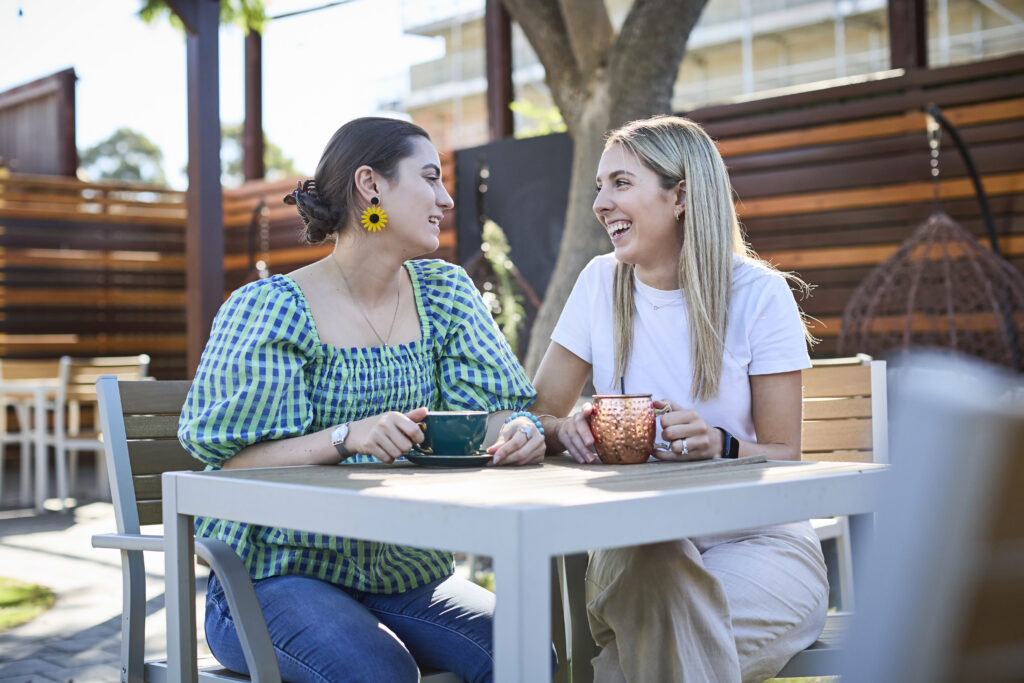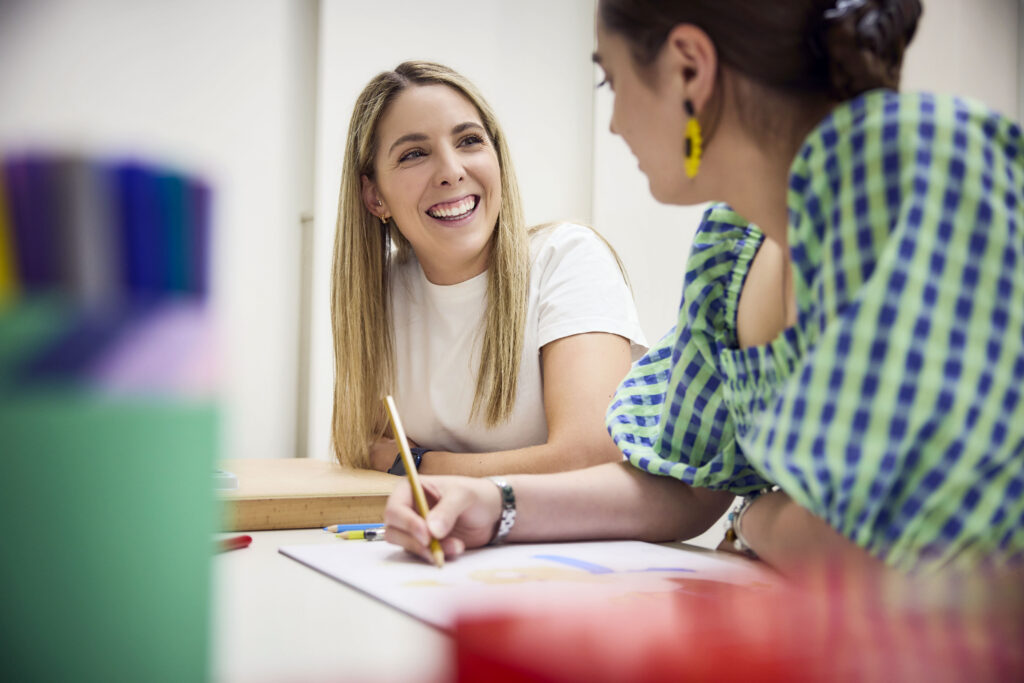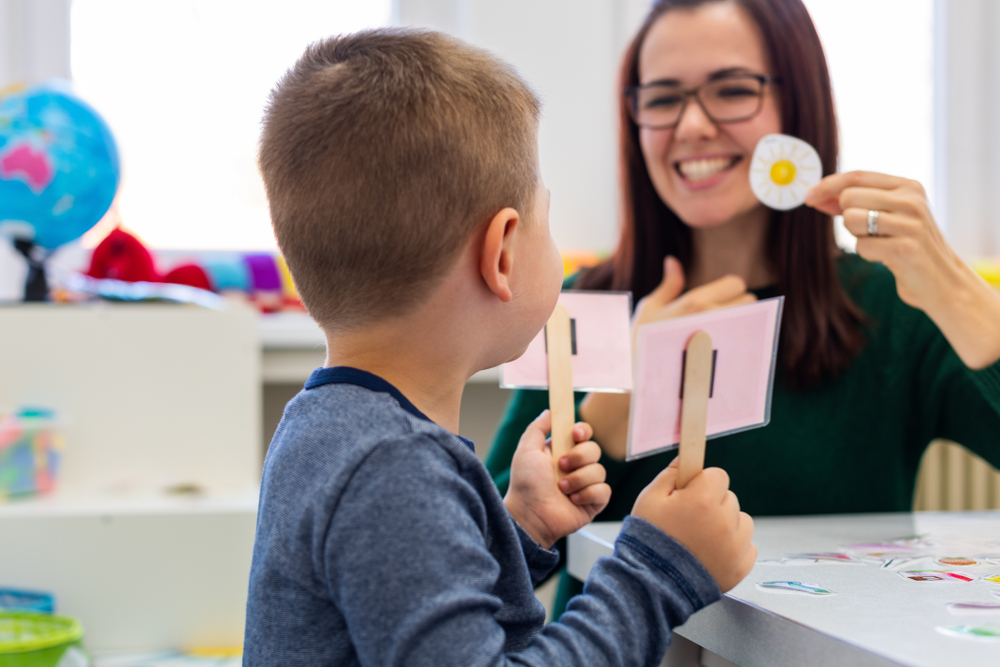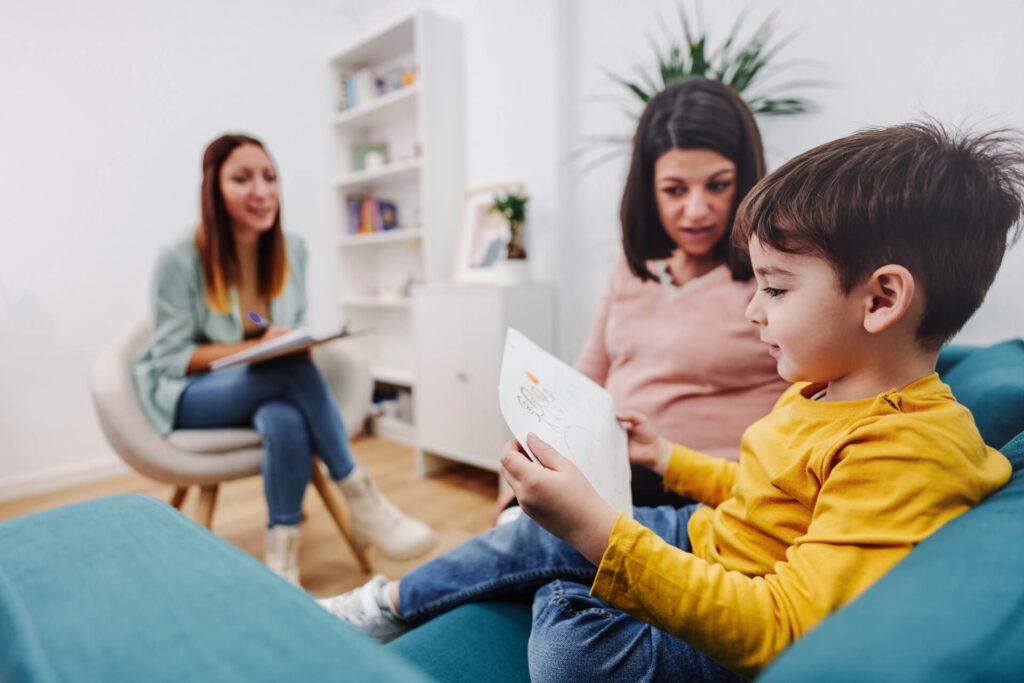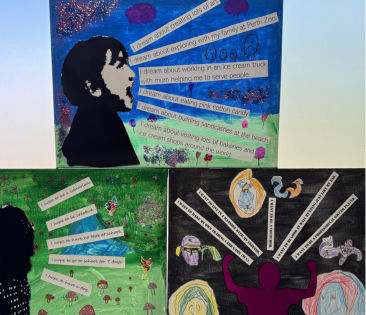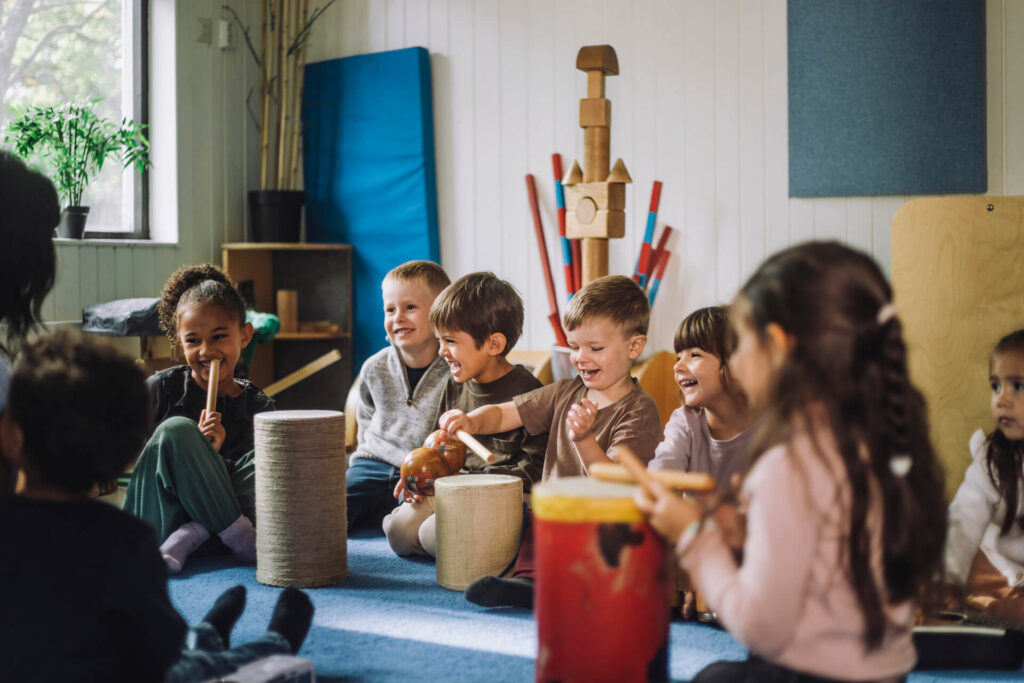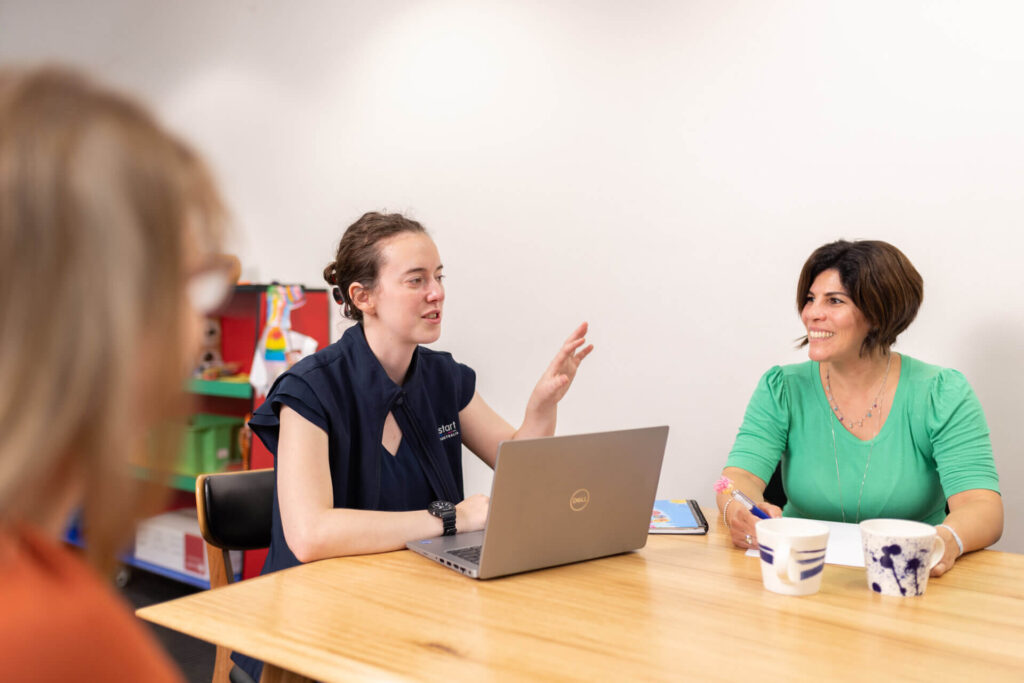More than play: the many benefits of group LEGO for children
By Georgina Pearce, Practice Principal & Occupational Therapist at ESA Buderim
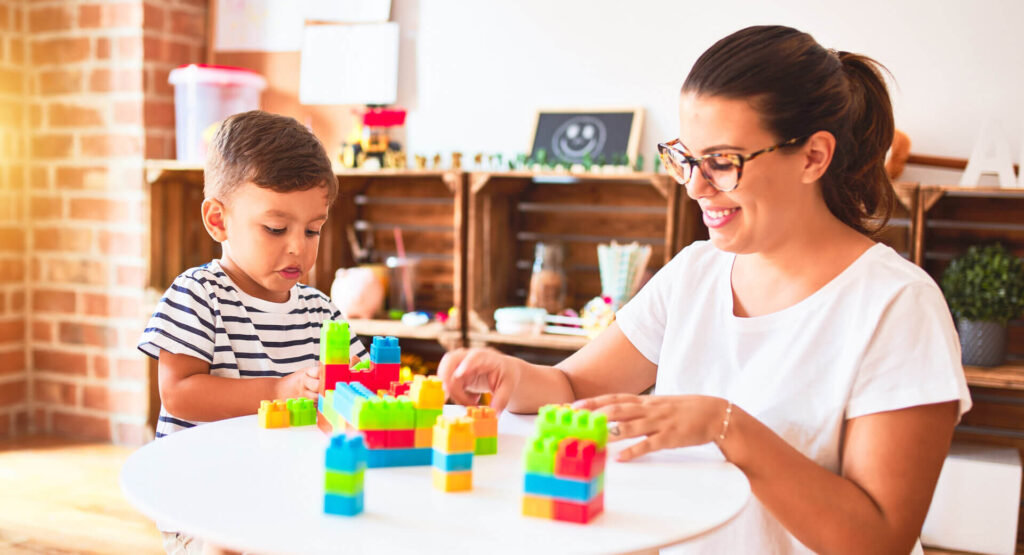
Many of our ESA clinics run group therapy programs based around combining the therapeutic benefits of LEGO play, with structured group dynamics.
It’s designed to promote social skills development, communication, and collaboration in children.
Why LEGO therapy?
LEGO therapy has gained recognition as an effective intervention for children with autism spectrum disorder (ASD) and other social communication challenges.
The hands-on nature of LEGO building provides a concrete and engaging platform for learning and interaction.
Through structured activities and guided facilitation, children can practice important skills, such as turn-taking, sharing, following directions, problem-solving, and teamwork.
Our approach
Led by experienced occupational therapists and speech-language pathologists, our LEGO therapy group sessions are tailored to meet the needs of each participant.
Groups are small, typically consisting of 3-4 children, allowing for individualised attention and targeted support.
Sessions are structured around collaborative LEGO building tasks, with therapists providing guidance and encouragement, as children work together to complete challenges and projects.
Benefits of LEGO therapy
Participating in LEGO therapy group offers a range of benefits for children, including:
1. Social skill development
By working cooperatively on LEGO projects, children learn valuable social skills such as sharing, taking turns, listening, and communicating effectively with peers.
2. Communication skills
LEGO therapy provides opportunities for children to practice expressive and receptive language skills, as they discuss ideas, give instructions, ask questions, and engage in conversation with their group members.
3. Problem-solving and flexibility
Building with LEGO bricks encourages children to think critically, problem-solve, and adapt their strategies as they encounter challenges or changes in the task.
4. Confidence and self-esteem
Successfully completing LEGO projects and collaborating with peers fosters a sense of accomplishment and boosts children’s confidence in their abilities.
5. Peer relationships
Through shared experiences and teamwork, children develop positive relationships with their group members, building a sense of camaraderie and belonging.
Our LEGO therapy group is more than just play — it’s a structured and purposeful intervention that helps children develop essential social, communication, and problem-solving skills in a fun and supportive environment.
If you’re interested in enrolling your child in our next LEGO therapy group program, check out our group therapy schedule or contact our team for expressions of interest.



